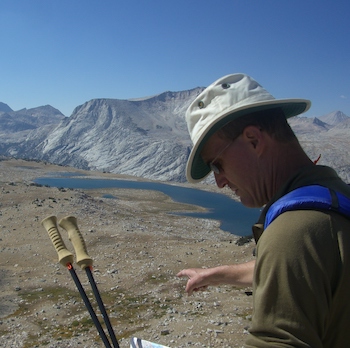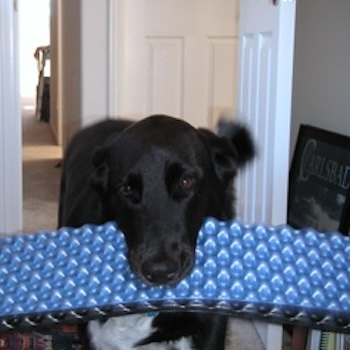
I don’t read as much as I would like to these days. When I was building businesses, increasing skills to become a better leader, better husband, better engineer, better employee, better manager, better producer, better speaker, better writer… I was constantly reading books, and listening to cassette tapes (which gives you an idea of how long ago this was). I would never think of driving somewhere without some educational or motivational tape running. Now, it’s luxury to drive for hours with nothing playing except the musings of my mind.
A recent exchange with Francie reminded me of The Speed of Trust by Stephen M. R. Covey. It was published in 2006, so it was probably around that time that I attended a session with Mr. Covey, sponsored by Art Barter’s Servant Leadership Institute.
The book is packed with examples and research. A couple of things stuck with me. One was this passage: Trust is a function of two things: character and competence. Character includes your integrity, your motive, your intent with people. Competence includes your capabilities, your skills, your results, your track record. And both are vital.
If you want people to trust you, which is essential for moving forward, you have to work to develop your competence (which I think most people get), and your character (which I think is the harder of the two to develop, and to maintain). Building character takes a long time, but it can be damaged or destroyed very quickly.
The other thing that stuck with me is a story that Mr. Covey told about a company they were consulting with. They assembled the management team, and had everyone assess the trustworthiness, on a secret ballot, of everyone else in the group. By and large, most people felt that the other people on the team were generally trustworthy, except for one woman. That woman’s ballot showed she felt that everyone else on the team was not trustworthy. So the one person who didn’t trust anyone else, was also the one person that everyone else felt they couldn’t quite trust.
With the rise of AI, skills are going to be harder to attain to a level that provides job security (unless they’re skills to actually fix something – tell your kids to become diesel mechanics and electricians and plumbers). Your character is going to become more and more important. Especially when AI can produce a realistic picture of you saying or doing something that you didn’t actually say or do. If I heard a clip of my friend Matt’s voice saying it was okay to take what you want at the expense of others, I would say to myself, “You know, that really doesn’t sound like something the Matt I know would say, so I’m going to assume it’s fake without additional information.” Your character, your [good] reputation, is your best protection going forward.
While you certainly want to exercise some discernment, there might be an area where you can start by trusting someone, and assuming they’re trustworthy unless they prove otherwise. I hope you have lots of trusting relationships, and I wish you success in continuing to build your character.





